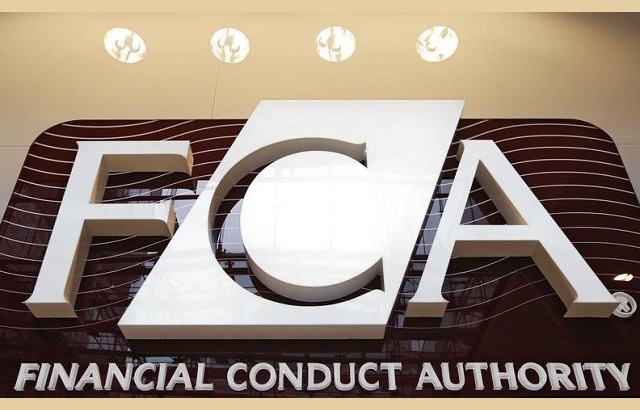The chief executive of the Financial Conduct Authority, Nikhil Rathi, has replied to the Treasury Select Committee’s report on the watchdog’s handling of the collapse of London Capital & Finance (LCF).
The committee accused the regulator of hypocrisy for requiring the “firms it regulates to adhere to the principles of the Senior Mangers Regime but seemingly not apply similar principles internally when there are failings of practice and culture in the organisation”.
While Rathi acknowledged in his letter that “errors” were made by the FCA “in the handling of this case”, he disagreed with the committee.
“Although the FCA is not within the scope of the Senior Managers Regime, we have adopted and applied the principles of the regime to our senior managers, as we expect those individuals to meet standards of professional conduct as exacting as those required in regulated firms, and for those individuals to be held accountable for functions they personally direct.
“As our public Management Responsibilities Map makes clear, the chief executive is accountable for the organisation overall, and the executive directors are accountable for the performance of their divisions. Under the Senior Managers Regime, establishing who is accountable is a first step in considering their conduct.
“The next step is to consider whether there is evidence of personal culpability on the part of that individual. Personal culpability arises if the individual’s behaviour was deliberate or below the standard which would be reasonable in all the circumstances at the time of the conduct concerned.
“It is important to note that there is no assumption of guilt or reverse burden of proof in this process.”
‘Arrogance’
One of the LCF bondholders told International Adviser: “The FCA still has an air of arrogance and sees the ‘welcomed actions’ as an opportunity to put itself back on a pedestal rather than work with consumers and organisations to ensure a robust financial system.
“Dame Gloster mentioned consumer engagement and the FCA has not achieved this or provided any evidence of such, instead they have engaged with other organisations to do the work that the FCA classes as degrading.
“The Treasury Select Committee should seek constructive criticism from bondholders.”
Bonus cuts but no culpability
Dame Elizabeth Gloster’s independent report found that senior managers at the FCA were aware of LCF’s unregulated activities and risks but did not make any changes to “remedy the problem”.
The watchdog’s board was then tasked with assessing what actions needed to be taken in light of the report’s findings.
It did not, however, reach the same conclusions as the report.
Rathi said: “In its consideration of these factors, the board concluded that the named individuals did identify problems in the approach of supervising small firms; that they put in place an extensive programme to address these problems; that their responsibilities were very wide in scope; and that their priorities within those wider responsibilities were endorsed by the board. There were no findings of personal culpability or misconduct in this case.
“In taking account of all the circumstances of this case, which include the responsibilities of other senior managers for areas which contributed to the overall outcomes, which the board was able to consider more broadly than the independent review, the board took the view that it was appropriate to remove bonuses from the individuals named and also from others and that this was consistent with our guidance on the Senior Managers Regime.
“We note that it is a matter of public record there have been a number of very significant control failings in major financial services firms. These have resulted, in accordance with the Senior Managers Regime, in adjustments to variable remuneration of the senior managers with the relevant responsibilities.
“However, on the basis that there was no personal culpability or misconduct, these have often not resulted in either the cancellation of all variable remuneration for the periods in question or the termination of employment of the individuals concerned,” he added.








